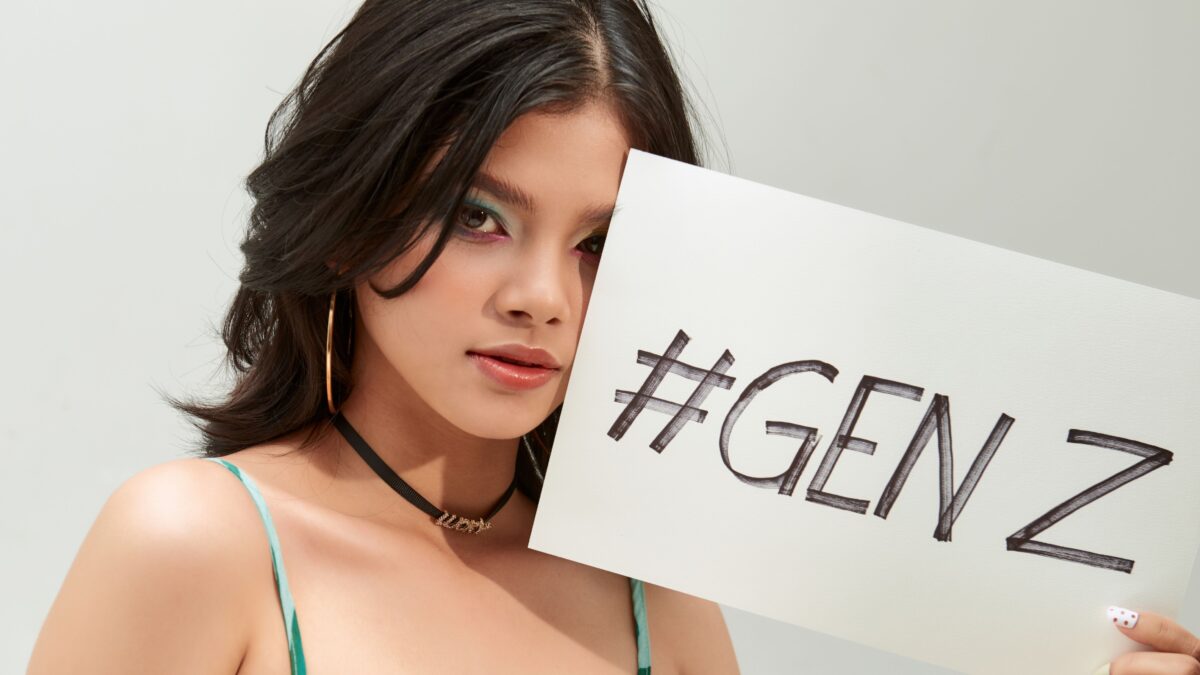In this article, we’ll examine the characteristics of millennials vs Gen Z.
Table of Contents
ToggleWhat Are the Characteristics of Gen Z?
Generation Z, often referred to as Gen Z, includes individuals born between 1997 and 2012. This generation has grown up in a world dominated by technology, social media, and rapid globalization. Here are some defining characteristics of Gen Z:
- Digital Natives: Gen Z is the first generation to grow up with smartphones, social media, and instant access to information. They are highly tech-savvy and comfortable guiding the digital world.
- Pragmatic and Realistic: Having witnessed economic recessions, climate crises, and global pandemics, Gen Z tends to be pragmatic and focused on stability and security.
- Socially Conscious: This generation is deeply concerned about social justice, equality, and environmental sustainability. They are vocal about their beliefs and expect brands and institutions to take a stand on important issues.
- Entrepreneurial Spirit: Many Gen Zers are drawn to entrepreneurship and side hustles, valuing independence and creativity in their careers.
- Mental Health Awareness: Gen Z is more open about mental health struggles and seeks to normalize conversations around anxiety, depression, and self-care.
Millennials vs Gen Z Characteristics: Key Differences
While Millennials (born between 1981 and 1996) and Gen Z share some similarities, there are notable differences between the two generations:
- Technology Use: Millennials recall a time before smartphones and social media, while Gen Z has never known a world without them. Millennials adapted to technology, but Gen Z was born into it.
- Work Ethics and Career Goals: Millennials often prioritize work-life balance and meaningful careers, while Gen Z values financial stability and is more likely to pursue multiple income streams.
- Communication Styles: Millennials prefer texting and email, while Gen Z favors visual communication platforms like Snapchat, TikTok, and Instagram.
- Social and Political Views: Both generations are progressive, but Gen Z is more vocal and action-oriented when it comes to social and political issues.
- Mental Health Attitudes: While Millennials began breaking the stigma around mental health, Gen Z has taken it a step further by openly discussing and advocating for mental health resources.
How Psychology Views Millennials vs. Gen Z
Psychologists note that generational differences are shaped by the unique social, economic, and technological environments in which each group grows up. For example:
Millennials are often seen as idealistic and collaborative, shaped by the optimism of the 1990s and the challenges of the 2008 financial crisis.
Gen Z is viewed as pragmatic and resilient, influenced by growing up during times of uncertainty, such as the COVID-19 pandemic and climate change.
Both generations face unique mental health challenges. Millennials grapple with the pressures of “adulting,” while Gen Z struggles with the constant comparison and validation-seeking promoted by social media.

10 Recommendations for Parents of Gen Z
1. Encourage Open Communication
Create a safe space for your Gen Z child to express their thoughts and feelings. Listen without judgment and validate their experiences.
2. Support Their Mental Health
Be proactive about discussing mental health and provide access to resources like therapy or counseling if needed.
3. Teach Financial Literacy
Help them see budgeting, saving, and investing. Gen Z values financial independence, so equip them with the tools to achieve it.
4. Promote Independence
Encourage them to find their interests and pursue side hustles or entrepreneurial ventures.
5. Set Boundaries Around Technology
While technology is a big part of their lives, it helps them establish healthy screen time habits and prioritize offline activities.
6. Promote Social Responsibility
Support their passion for social justice and environmental causes by volunteering as a family or donating to relevant organizations.
7. Be a Role Model for Resilience
Show them how to guide challenges and setbacks with a positive attitude and problem-solving mindset.
8. Celebrate Their Individuality
Gen Z values authenticity and self-expression. Encourage them to welcome their unique identity and interests.
9. Stay Informed About Their World
Take an interest in the apps, trends, and issues that matter to them. This will help you connect with them on their level.
10. Prioritize Quality Time
Despite their busy digital lives, Gen Z still values meaningful connections. Spend quality time together, whether it’s through shared hobbies or family outings.
Comprehending the differences between Millennials and Gen Z can help bridge the generational gap and promote better communication, whether at home, in the workplace, or in society at large. By appreciating their unique perspectives, we can create a more inclusive and supportive environment for all generations.
Watch and Read!
- iGen by Jean M. Twenge
- The Millennial Myth by Crystal Kadakia
- Gen Z @ Work by David Stillman and Jonah Stillman
- Eighth Grade (2018)
- The Intern (2015)
FAQs
The main difference lies in their relationship with technology. Millennials adapted to it, while Gen Z was born into a digital world.
Gen Z is more open about discussing mental health and seeks to normalize conversations around it, whereas Millennials began breaking the stigma.
Gen Z is tech-savvy, socially conscious, entrepreneurial, and pragmatic.

